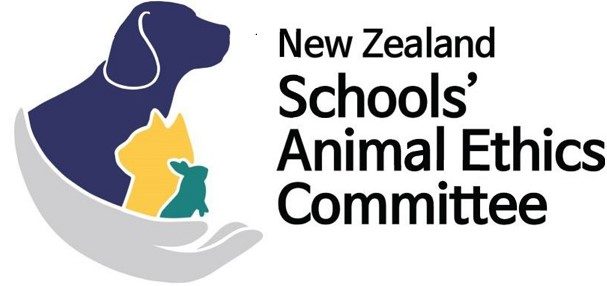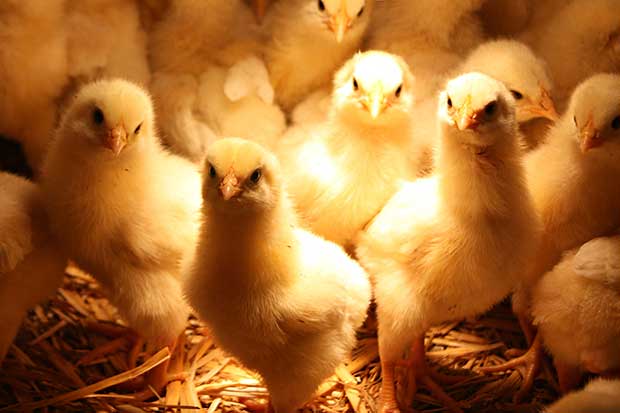- Raising chicks and incubating eggs requires ethics approval. If the hatching of eggs and raising of one-day old chicks is part of a teaching activity and the chicks are kept in a classroom environment (which is a very unnatural environment)the presence of students, no matter how quiet, can be a significant stressor for the chicks, which has potential implications for their welfare, then approval would need to be sought. Where chickens are kept outside in a fenced coop and observed with the hen, no approval is required.
- Young chicks cannot control their body temperature and require a heat source. They are also prone to Coccidiosis infection which can wipe out whole clutches in hours.
- We would strongly advise that children do not handle the chicks at all and that they only be handled by competent staff members to avoid injury, minimise stress and to avoid overheating.
- What will you do with the chicks once they are grown? Expect a 50/50 ratio of male to female. You may get 100 percent males. Are you prepared to deal with the roosters when they start to show up? It is NOT lawful to turn them loose to fend for themselves. It is an Animal Welfare issue to abandon a domesticated animal. Dumped poultry suffer terribly before their inevitable death due to injury, illness, and starvation.
Consider these options instead
Listed below are examples of some modern, humane alternatives that schools may like to consider as alternatives to using fertile eggs and chicks, which meet the same curriculum objectives, without cruelty:
- Virginia Tech’s “4-H Virtual Farm” Chicken Embryo Development site includes video of chick embryo development, still images, and text on the development process.
- Chick life-cycle exploration set sells a set of 21 egg replicas that show development day by day.
- Chicken Embryo Development Animation of the 21 day development of a chicken embryo in the egg.
If you are unsure if your project requires ethics approval, contact the School’s Animal Ethics Committee for help before you start: animalethicscommittee@nzase.org.nz

